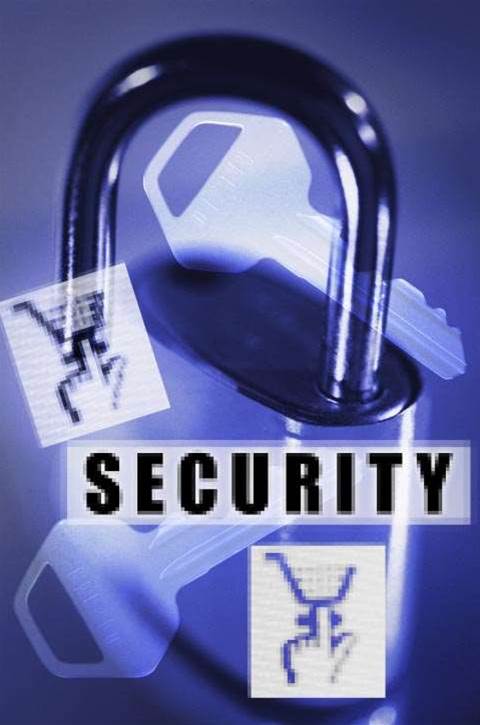Having the best security appliances, software and architecture is often not nearly enough to keep a business and its data safe.
Practices unrelated to technology, including hiring and vetting, are an important first step in making sure data isn't put at risk. But even when best practices in human resources are employed, and best practices in data security are deployed, data loss due to human activity can still be a big risk and bigger problem.
Even well-meaning and well-trained employees can put data at risk on a network, and even heightened network firewalls can't keep all data from walking out the door. Having data on a network means it could become available for download onto DVDs, floppy drives or thumb drives. Sensitive data could even be errantly left on a printer's hard drive or cache--allowing anyone with the know-how to steal it.
That's why we think the approach taken by emerging security vendor Zecurion makes so much sense. Zecurion's Zlock application provides a straightforward approach to securing and managing a network's potential open doors and breaches, and it's an approach that it makes too much sense to ignore. Zecurion's technology could very well become a must-consider by many in the channel.
Zecurion, based in Moscow, Russia, with offices in New York, was founded 10 years ago but only recently began to aggressively pursue the IT market in North America. It has several key products in its lineup, including Zgate and Zserver Suite, for protecting data inside a network. In this review, we looked at Zlock, which protects against data breaches at physical end points ranging from USB ports on PCs to printers to applications themselves.
We installed the software onto a PC running Windows 7 Ultimate, using a SafeNet Sentinel key. The software was up and running within a matter of minutes.
From the Zconsole 1.4 software, we were able to get a networkwide view of devices and applications throughout. On a component-by-component basis, we were able to either allow or disallow each individual device and user's access to USB devices, I/O ports, floppy drives, CD/DVD drives, removable media, PCMCIA adapters, infrared ports, modems, FireWire outlets, printers and network adapters.
For example, the default access policy for USB drives is to allow access to everyone on a network. But Zlock gave us the ability to provide read-only access, deny access to all users or to create custom access rights for users and groups. From our main workgroup, we could filter out individual users and prevent them from accessing USB devices on a network. That could prevent, for example, a third-party contractor from having access to a customer database on a network--and having the ability to copy that data to a thumb drive and simply walk it out of the building. At the same time, regular, salaried employees could have full access. Or, if need be, access could be limited to only the CEO or CIO.
Zlock also provides the ability to write and deploy specific scripts that can adapt to a business' rules or provide custom notifications to an administrator.
We think Zecurion could be on the way to becoming one of the stronger players in the data security space, and the company is a strong alternative for VARs to consider when looking at solutions for small or midsize businesses or workgroups. The CRN Test Center can easily recommend Zlock as a data security solution--particularly in scenarios where compliance dictates that every end point on a network be guarded against data theft via sneaker net as well as Internet.
Zecurion sells through solution providers in its Zecurion Advantage Partner Program which offers private-label and co-label license models; pricing for Zlock is based on total number of user seats.





_(27).jpg&h=142&w=230&c=1&s=1)


.jpg&h=142&w=230&c=1&s=1)




.jpg&w=100&c=1&s=0)








_(1).jpg&q=95&h=298&w=480&c=1&s=1)


